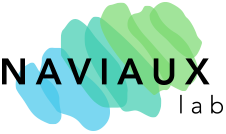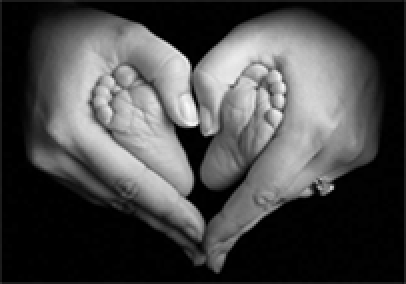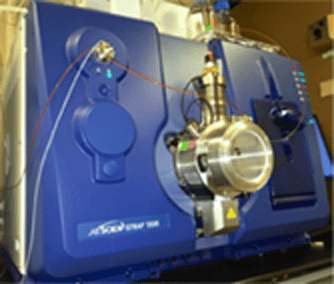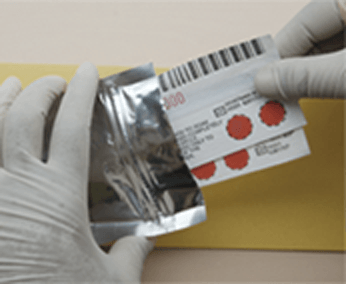Newborn Screening Autism Risk Study
Has the burden of environmental chemicals increased in newborn children since the 1980s?
These are the questions we will try to answer with this study.
Receive a $40 Amazon eGift card if you qualify.
No new blood tests are required.
News about the study
study criteria
-
Born in California.
-
Currently age 3-10 years old.

-
Diagnosed with autism spectrum disorder (ASD) or a typically developing child not taking any prescription medications.
-
Born after a normal term pregnancy—no more than 3 weeks early or 2 weeks later than the due date.
-
Did not need to be readmitted to the hospital in the first month after birth.
study enrollment procedure
Be sure you meet the five study criteria.
Parents born in California after 1982, may also have their own stored dried blood spots tested if they have a child enrolled in this study.
Download the Flier, Consent, and Bill of Rights.
Read the consent and other documents and note any questions you might have.
- Contact the Naviaux Lab study coordinator Rachel Riggs (email: rriggs@health.ucsd.edu
; or cell: 619-884-8021), to answer any questions. Once all your questions are answered, sign the consent form. Please return the signed consent by scanning it, or by taking a picture, then attaching it in an email to: rriggs@health.ucsd.edu. After we receive the signed consent, you will be sent a secure webpage link to complete a short online screening questionnaire. This will take about 5 minutes.
After we match your information to your dried blood spots in the California Biobank Program, you will be sent a link to the full study questionnaire. Only children and parents who can be matched to their dried blood spots collected at birth are eligible for the gift card and participation in this study.
After you complete the study questionnaire, you will be sent a $40 Amazon eGift card.
Although no personal results will be given, if the new test of 1000 chemicals is found to predict the future risk of autism, there may be a significant benefit to other families in the future because of your participation in this research.
